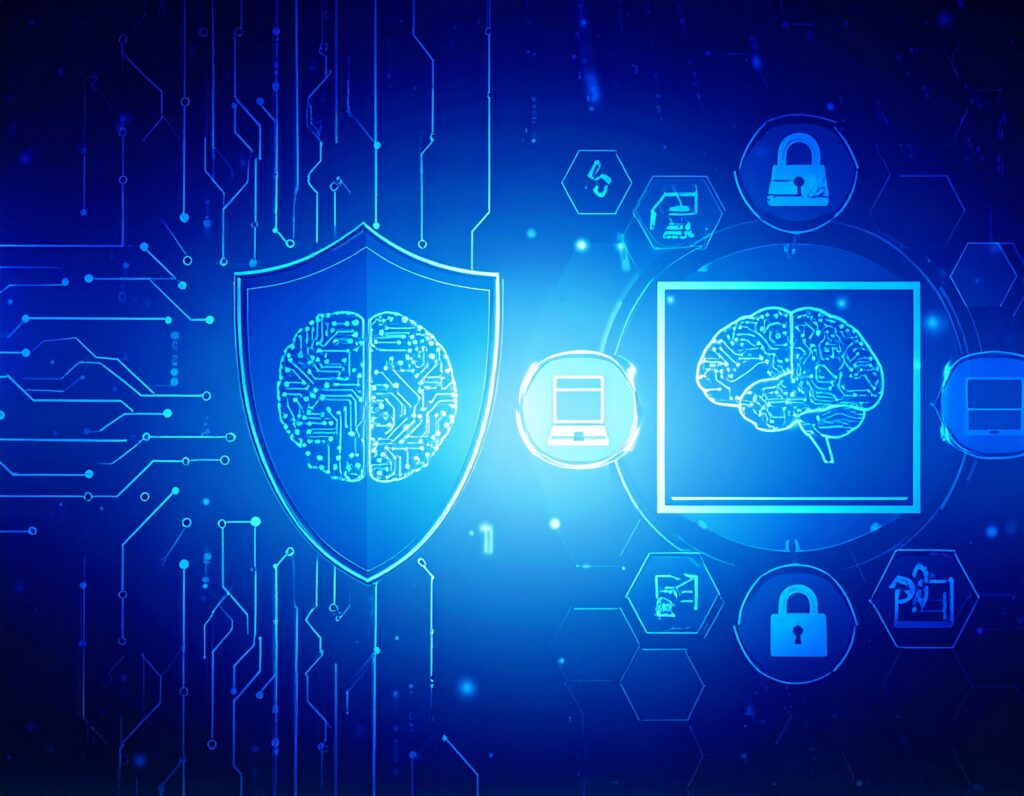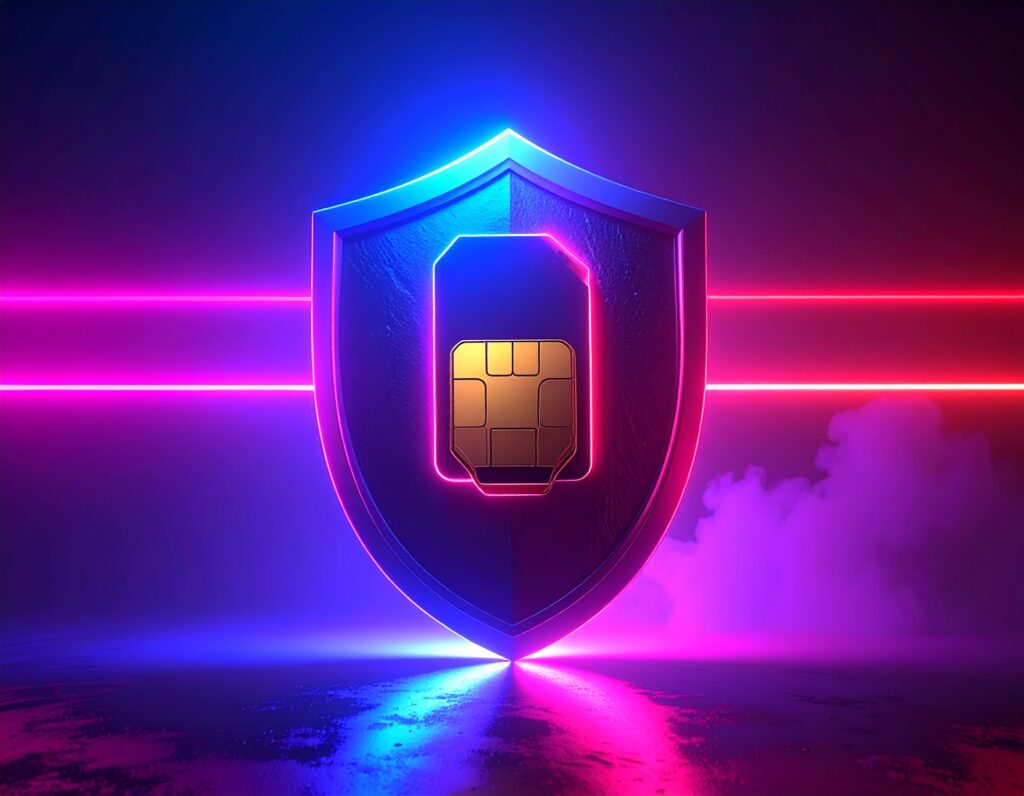Secure by default versus enterprise-grade private 5G security
The deployment of enterprise private 5G networks ushers in a complex array of new security requirements. With recent releases of 5G, 3GPP introduced security enhancements in the radio access network (RAN) and core network as well as in end-to-end areas such as signaling, slicing, and security assurance. This approach is known as “secure by design” or “secure by default.” But are these improvements enough?
Beyond 5G’s built-in security, enterprise-grade private 5G requires additional capabilities, including:
- Increased visibility across integrated supply chains with suppliers and business partners requiring customized permission and access
- In addition to the secure signaling, private 5G requires threat detection and prevention across IT and operational technology (OT) endpoints
- For industrial use cases: customized services in a centrally managed platform to implement end-to-end security from the core to the edge
- For enterprise security: threat detection, visibility, and identification of gaps throughout the lifecycle of the infrastructure and applications
As 5G adoption grows among service providers and enterprises, there is a growing need for cybersecurity solutions that effectively address the vulnerabilities associated with these network deployments. However, both customers and suppliers seem to have a limited understanding of the comprehensive requirements for 5G cybersecurity solutions. To bridge this gap, this research aims to provide valuable insights into the extension of enterprise-grade security measures across the entire 5G ecosystem.
Here is one of the gaps for example:
When comparing security requirements for enterprise private 5G networks, business leaders’ expectations primarily focus on the following:
• Security visibility (75%)
• Risk and control management (65%)
• Improved and streamlined alerting system (49%)
Organizations’ top security requirements for mitigation measures are:
• Authentication (75%)
• Access controls (65%)
• Protection from fake base stations (58%)
It`s not just about numbers, but the distinct priorities indicate that business leaders and owners focus on integrating and enhancing the visibility of security measures throughout their organization, while those leading the implementation of 5G place greater emphasis on elevating security standards within the 5G network, aligning with the principles of Secure by Default.
Want to know more?
Get your copy of Beyond Secure by Default. You’ll get an insider’s look at the enterprise-grade security measures required to bridge this gap.
🔗 Download Report at: Beyond Secure by Default (trendmicro.com)
More To Explore

Salt Typhoon Has Telecom Industry’s Number: Understanding New Attacks & Threats to Critical Infrastructure
2 mins. read














